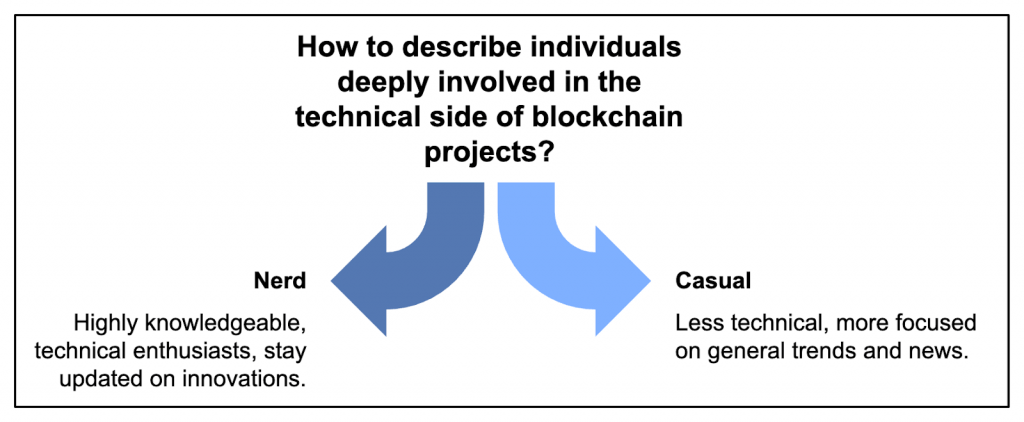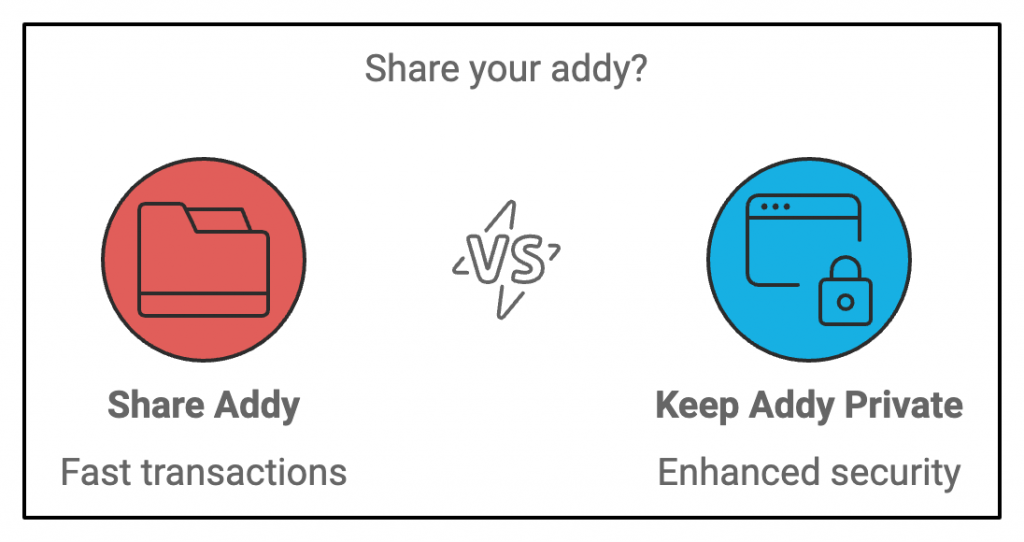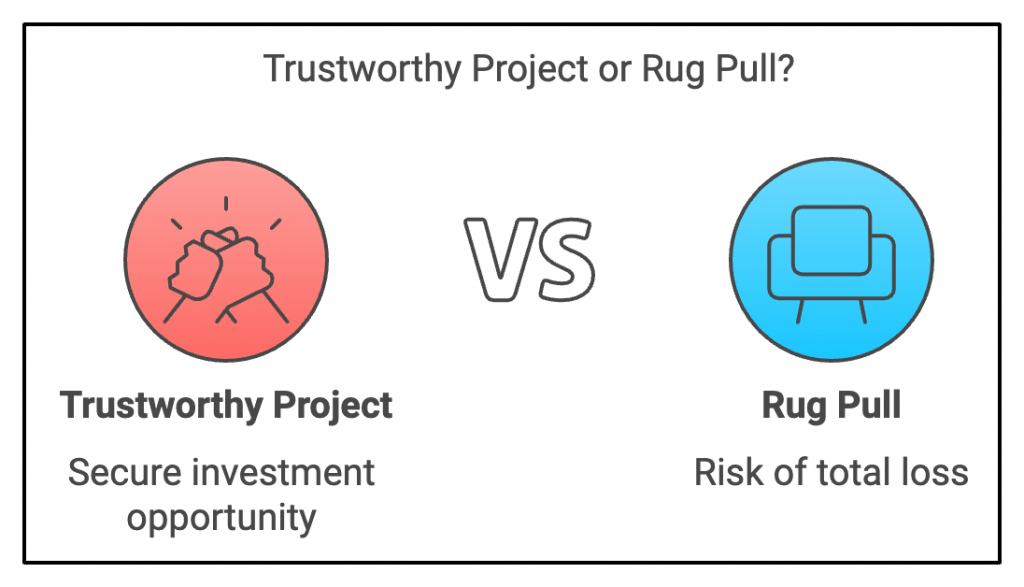Crypto Slang and Its Meaning
As cryptocurrency continues to evolve, so does its culture and language. A unique slang has developed within the crypto space, creating a subculture that can be challenging for newcomers. Whether you’re scrolling through Crypto Twitter (CT), joining DeFi protocols, or collecting NFTs, understanding crypto slang is a big thing. These buzzwords represent key concepts, behaviors, and practices in the digital assets world.
This article will help you dive into 30 of the most essential crypto slang terms, providing clear meanings, examples, and the context in which they are used. You’ll have the tools to understand better and participate in crypto conversations by the end.
1. Nerd Meaning
In the crypto community, “nerd” describes individuals deeply involved in blockchain projects’ technical side. These people are highly knowledgeable and usually stay on top of the latest innovations in the space, often spending significant time analyzing code, protocols, and the intricate details of different cryptocurrencies.
You might hear, “He’s a real crypto nerd, always talking about the latest consensus algorithms and blockchain upgrades,” which illustrates someone who enjoys the industry’s complex, technical aspects.

2. Web3 Meaning
“Web3” represents the evolution of the Internet from centralized platforms to decentralized systems, where users have control over their data and identities. It’s built on blockchain technology and allows for trustless transactions without relying on intermediaries. Web3 includes decentralized applications (dApps), smart contracts, and digital assets to give users more autonomy.
People frequently say, “Web3 is the future of the internet,” reflecting the growing interest in decentralized platforms that challenge the dominance of big tech companies.
3. Degen Meaning
“Degen” is short for “degenerate” and refers to individuals who engage in high-risk investments or speculative trading without much research or concern for potential losses. In crypto, degens often dive into volatile tokens or meme coins, hoping for massive profits quickly while risking significant losses.
For instance, someone might say, “I went full degen on this low-cap coin,” which suggests they made a risky investment without fully understanding the project, driven by the excitement of quick returns.
4. Rekt Meaning
“Rekt” is slang for “wrecked” and describes someone who has suffered significant financial losses, usually due to a poor trading decision or market crash. It highlights the risks of investing in volatile crypto markets, where fortunes can be made or lost rapidly.
A common scenario would be, “I got rekt after the market crashed overnight,” indicating that the person lost a substantial amount of money quickly due to an unfavorable price movement.
5. WAGMI Meaning
“WAGMI” stands for “We’re All Gonna Make It” and is commonly used in the crypto community to express optimism, unity, and confidence in a project’s or the market’s future. It’s often used during market downturns to encourage others to stay positive and focused on long-term gains.
You might see someone post, “The price may be down today, but WAGMI,” to say that even though the market is volatile, everyone who sticks around will ultimately succeed together.

6. Jeet Meaning
“Jeet” refers to those who panic-sell their assets during a dip, contributing to price drops. These sellers are typically impatient and lack confidence in a project’s long-term potential, so they exit at the first sign of trouble. In crypto, the community often looks down upon “jetting” because it disrupts the market.
You might hear, “The jeets are at it again, selling off as soon as the market dipped,” implying that short-sighted investors contribute to market instability.
7. GM Slang
“GM” stands for “Good Morning,” but it has become more than just a greeting in the crypto community. It’s used on social media, particularly Twitter, to foster community and positivity among crypto enthusiasts. It’s a way for people in the crypto space to connect daily, regardless of market conditions.
A typical post might read, “GM everyone! Ready for another day of trading and learning,” highlighting the community’s welcoming and collaborative spirit.
8. Drop Meaning
“Drop” refers to the release of a new cryptocurrency project, token, or NFT collection. These events are often highly anticipated, especially if the project has built up a significant following. Participating in a drop can be fast-paced and competitive, as people try to secure their share before prices surge.
For instance, someone might say, “I’m waiting for tomorrow’s NFT drop. It’s going to be huge,” indicating their excitement about a new release they hope to profit from or collect.
9. PFPs Meaning
“PFPs” (Profile Pictures) in crypto are NFTs people use as avatars on social media platforms like Twitter or Discord. These PFPs are often from high-value NFT collections such as Bored Ape Yacht Club or CryptoPunks, and they serve as both personal identifiers and status symbols within the community.
You might hear, “I just updated my PFP to a rare CryptoPunk,” reflecting the owner’s pride in owning a sought-after digital collectible that can be used as an online persona.
10. Addy Meaning
“Addy” is short for address, specifically a cryptocurrency wallet address. It’s used when people want to send or receive digital assets. Sharing your “addy” allows others to transfer tokens or NFTs to your wallet securely and directly over the blockchain. In a conversation, someone might say, “Drop me your addy so I can send over the payment,” making transferring crypto easy.

11. BTC Meaning
BTC stands for Bitcoin, the first and most well-known cryptocurrency. In slang, BTC can also refer to large amounts of wealth or financial security since Bitcoin is often seen as the gold standard in the digital currency world. For example, “He’s stacking BTC” could mean that someone accumulates Bitcoin as a form of wealth preservation, showcasing their long-term confidence in the currency’s value.
12. NGMI Meaning
“NGMI” stands for “Not Gonna Make It” and is often used to describe people, projects, or investment strategies unlikely to succeed in crypto. It serves as a warning or criticism when someone’s actions are perceived as short-sighted or doomed to fail.
A person might comment, “Anyone selling at this point is NGMI,” criticizing those who abandon a project too soon, suggesting they lack the vision or patience to benefit from long-term gains.
13. FOMO Meaning
“FOMO,” or “Fear of Missing Out,” describes people’s anxiety when they think they’re missing an opportunity to invest in a rising asset. This fear can lead to impulsive decisions, often resulting in buying assets during a hype cycle without proper research.
For instance, “I bought into that coin because of FOMO, and now the price has dropped” shows how FOMO can drive poor decision-making in the crypto market.
14. NFT Meaning
NFT stands for Non-Fungible Token, a digital asset representing ownership of a unique item such as digital art, music, or virtual real estate. NFTs are often bought and sold on blockchain platforms, with their uniqueness and scarcity making them valuable.
You might hear, “I just bought an NFT from a new artist, and it’s one of only 50 in the collection,” which illustrates the importance of owning a limited-edition digital item.
15. CT Meaning
“CT” stands for Crypto Twitter, the social media space where much of the crypto community interacts, shares information, and discusses trends. CT is a major hub for influencers, traders, and developers to exchange news and opinions, often shaping the market sentiment in real time.
A typical comment might be, “CT is buzzing about this new project; I need to check it out,” indicating how discussions on Crypto Twitter can drive interest in certain tokens or platforms.
16. Ape Meaning
To “ape” into something means to invest in a project without conducting much research, driven by excitement or FOMO. This term highlights the impulsive nature of some investors who rush to buy a token or join a project, hoping for quick returns.
An investor might say, “I aped into that new DeFi project last night,” indicating they made a quick, emotion-driven investment based on market hype rather than solid research.

17. Shill Meaning
“Shilling” refers to aggressively promoting a cryptocurrency or token, often for personal gain or to pump up its price. It can have negative connotations if the person promoting the project does so with dishonest intentions or without providing a balanced view.
You might see someone being accused of shilling with comments like, “Stop shilling your token everywhere; it’s obvious you’re just trying to pump the price.”
18. Pleb Meaning
In crypto, “pleb” is a term for someone new or inexperienced in the space. It describes those still learning the ropes and yet to understand the market’s complexities fully. Over time, plebs become more knowledgeable participants as they become more involved. A seasoned trader might say, “I used to be a pleb, but now I understand tokenomics and DeFi much better,” reflecting on their learning journey.
19. Token Meaning
A “token” is a unit of value issued on a blockchain, representing ownership, utility, or governance within a particular project. Tokens can serve different purposes, such as granting access to services, providing voting power, or facilitating transactions.
An investor might explain, “This token gives me voting rights in the platform’s governance decisions,” highlighting the utility of tokens beyond their mere currency function.
20. Long Meaning
To “long” an asset means betting its price will increase over time. It’s a common trading strategy where investors buy an asset, expecting its value to rise so they can sell it at a profit later. For example, “I’m going long on Ethereum because I think its price will skyrocket after the network upgrade” shows confidence in the asset’s future value.
21. Rug Pull Meaning
A “rug pull” is a scam where developers create a cryptocurrency project, attract significant investment, and then disappear with the funds, leaving investors with worthless tokens. This is a common issue in the DeFi space, where new projects pop up frequently without much oversight. A warning might go, “Be careful with that project; it has all the signs of a potential rug pull,” indicating that the project may not be legitimate and could lead to financial losses.

22. Gas Wars Meaning
“Gas wars” occur when many users compete to have their transactions processed quickly on a blockchain like Ethereum. Transaction fees (gas) rise during periods of high demand. This often happens during popular NFT drops or token sales, when participants are willing to pay higher fees to ensure their transactions go through. An NFT collector might complain, “I couldn’t mint the NFT because the gas wars were insane,” reflecting frustration over the high fees preventing them from securing their transaction.
23. Layer 2 (L2) Meaning
“Layer 2” refers to solutions built on top of Layer 1 blockchains like Ethereum, designed to increase scalability by processing transactions off the main chain. These solutions help reduce congestion and lower transaction costs while still benefiting from the security of the underlying Layer 1 blockchain. A user might say, “I’m using a Layer 2 solution like Optimism to avoid high Ethereum gas fees,” showing how Layer 2 networks make crypto transactions more affordable and efficient.
24. Tokenomics Meaning
“Tokenomics” studies the economic structure behind a cryptocurrency, focusing on the distribution, supply, demand, and incentives associated with a token. Good tokenomics is critical for a project’s long-term success, as it ensures a sustainable ecosystem for its token. Before investing, you might hear someone say, “Let’s check the tokenomics to see if this project has long-term potential,” emphasizing the importance of understanding the financial model behind a cryptocurrency.
25. Smart Contract Meaning
A “smart contract” is a self-executing contract with the terms of the agreement directly written into code on the blockchain. These contracts run automatically when predefined conditions are met, eliminating the need for intermediaries like banks or lawyers. Smart contracts are foundational to many decentralized applications and DeFi protocols. For example, “This smart contract will release funds only when both parties have completed their tasks” shows how the technology can enforce agreements without participant trust.

26. DeFi Meaning
DeFi, short for Decentralized Finance, refers to financial services that operate on decentralized blockchain networks. These services remove the need for traditional financial intermediaries like banks and allow users to lend, borrow, trade, and earn interest on their crypto assets without relying on centralized institutions.
Someone might say, “I’m using a DeFi platform to earn interest on my stablecoins,” reflecting the decentralized nature of finance where individuals have full control over their assets.
27. Yield Farming Meaning
“Yield farming” is the practice of lending or staking cryptocurrency in DeFi protocols to earn returns, often in the form of additional tokens. It’s a popular strategy for maximizing profits in the DeFi space, as participants can continuously move their assets between platforms to chase the highest yields.
An investor might explain, “I’m yield farming on Aave to maximize my returns,” indicating they use their assets to earn rewards from decentralized lending protocols.
28. Liquidity Mining Meaning
“Liquidity mining” involves providing liquidity to decentralized exchanges or protocols in exchange for rewards, typically governance tokens. Liquidity miners ensure enough assets are available for trading on decentralized platforms.
A trader could say, “I’m participating in liquidity mining on Uniswap to earn governance tokens,” highlighting the incentive mechanism for contributing liquidity to decentralized exchanges.
29. AMM (Automated Market Maker) Meaning
An AMM is a decentralized exchange that allows users to trade assets directly with a smart contract rather than through a traditional order book. AMMs use algorithms to determine the price of assets, enabling continuous trading without the need for a central authority.
Someone might describe it like this: “I prefer using AMMs like Uniswap because I can trade tokens without needing a counterparty,” showcasing these platforms’ decentralized and automatic nature.
30. DAO (Decentralized Autonomous Organization) Meaning
A DAO is governed by smart contracts and collective decision-making, where token holders vote on proposals and changes. Unlike traditional companies, DAOs operate without centralized leadership and rely on blockchain technology to execute decisions.
A member might say, “I just cast my vote in the DAO for the new governance proposal,” reflecting the decentralized and democratic nature of these organizations, where every token holder can participate in the decision-making process.
Conclusion
Crypto slang is more than just trendy terminology; it reflectsit’s the fast-paced, innovative, and sometimes chaotic world of digital finance. From high-risk traders referred to as “degens” to the optimism encapsulated in phrases like “WAGMI,” these terms offer insight into the mindset of the crypto community.
As blockchain technology continues to grow, the language will undoubtedly evolve, but these 30 terms provide a strong foundation for anyone looking to understand or deepen their involvement in the area.



